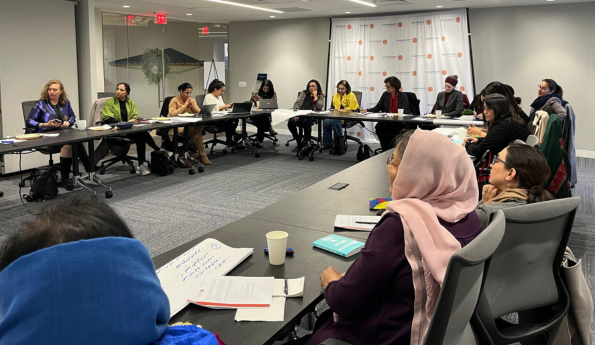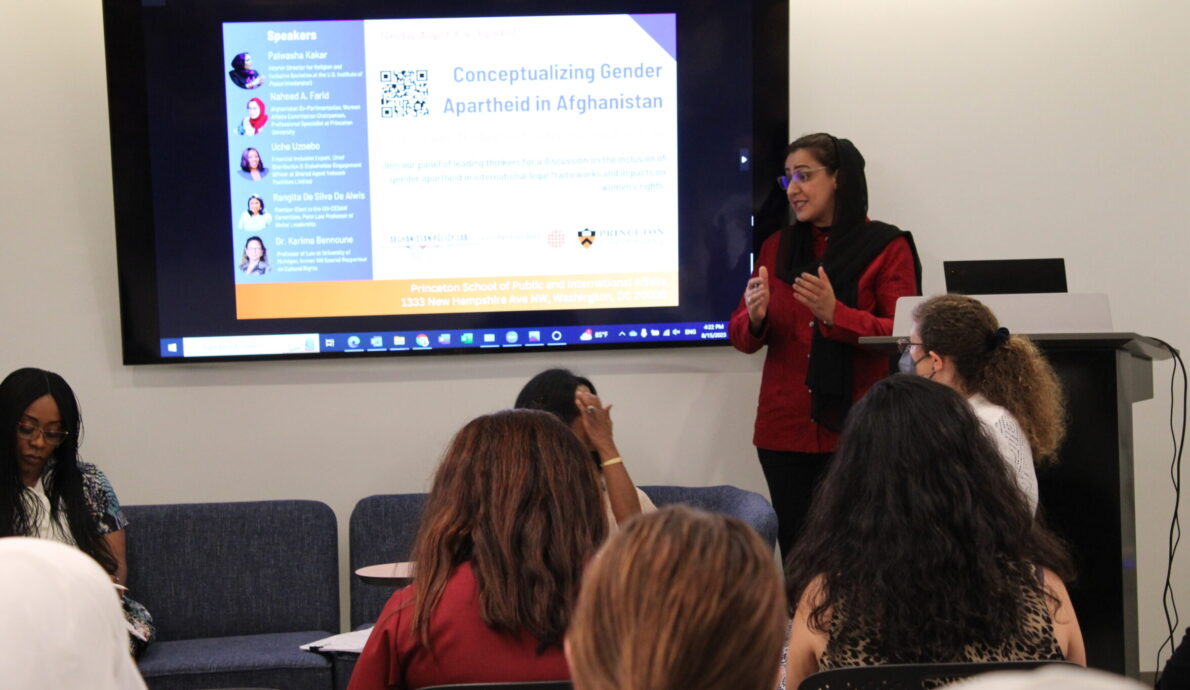This blog is part of our series developed in collaboration with the Reiff Center for Human Rights and Conflict Resolution at Christopher Newport University.
In June of 2017, Afghan President Ashrah Ghani signed the Cyber Crime Code into law, outlining the proper use of the internet and other communication devices. The code defines what qualifies as a cybercrime – something that had never previously been explained in legislation. With nearly 24 million internet users across Afghanistan, the threat of cyber warfare, gambling, terrorism, and even espionage pushed the state to instill the new code for the protection of citizens and government processes alike.
Since 2002, the nation has increased its phone and internet capabilities exponentially. The communication sector has experienced a distinct economic boom, with more than 120,000 Afghan citizens now working in the telecom sector and the creation of the country’s first truly technologically advanced generation. Increasing access to the internet also brings rise to use of the platform as a means of sociopolitical advocacy for Afghan citizens. Everything from politics, ethnicity, religion, and even sectarianism are discussed on these platforms. Social movements have achieved great success with the help of social media; movements like Uprising for Change in protest of a massive suicide attack in 2017 and The Enlightenment Movement both took flight on social media and were able to spread awareness and information to citizens in a way that would have been impossible before.
Women in particular have benefitted from this increased connectivity. The publication Motherboard tells the tale of Freshta, an 18-year-old Afghan woman, who enrolled in an online program with the help of her brother, Elham. Elham bought his sister a laptop and a cellphone and registered her for lessons online for three hours, four days a week. He also created social media accounts to allow her to connect and collaborate with her classmates around the world. Such a small step is very important for Afghan women who have long been denied these fundamental experiences.
Just as Freshta’s experience highlights how women are able to capitalize on improvements in internet access to contribute to their educational growth, the increased access also helps to more easily track abuses against all citizens. In March of 2016, a video was posted online depicting two Afghan police officers beating a man and then dragging him behind a truck. As there is currently no monitoring mechanism in place to track abuse reports, the notoriety of the video was what led the government to investigate the incident and punish the abusers. With the widespread adoption of technology, social media posts like these can help to raise national awareness about criminal and human right abuses. Women in particular are increasingly likely to experience online harassment, and privacy threats rank highest against women. Internet access provides a way to bring attention to abuses and is a platform that informs not just the everyday citizen, but also those in power as to what is happening and how the people are responding.
As Afghanistan continues to adjust to its newfound role as a technological player, the government should look for ways to collaborate with civil society organizations to inform citizens on the rights and regulations that make up the Cyber Crime Law as well as to ensure that all citizens are being protected equally under the new law. Media rights-based organizations in Afghanistan continue to advocate for laws and policies that uphold freedom of expression and the right to information, as well as serving as a watchdog of the government to ensure transparency and accountability. Civil society’s involvement will only strengthen the enforcement of the Cyber Crime Law and ensure that the gaps in the law – including women’s privacy and protection – are brought to the attention of decision makers.




